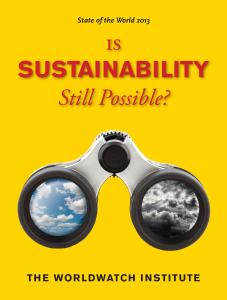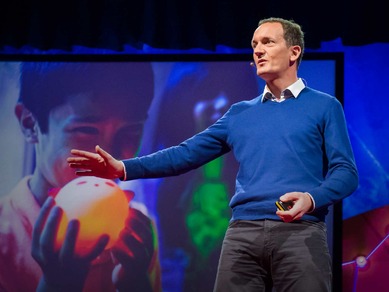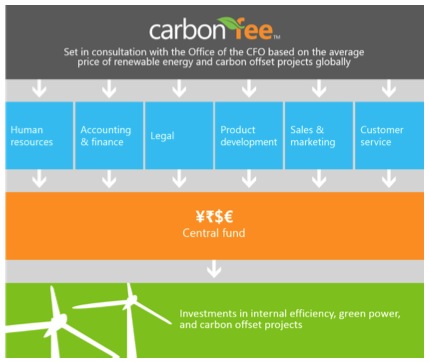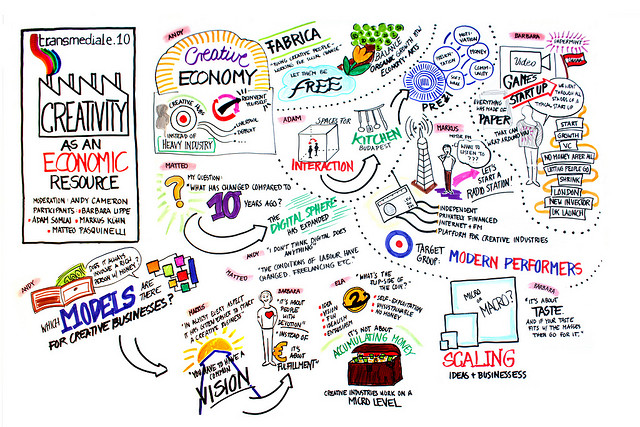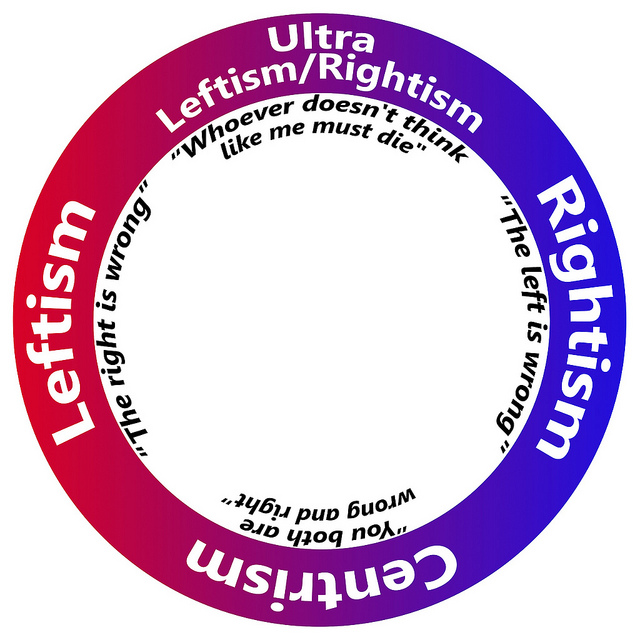 The green blogosphere is full of little eco tips that individuals, households, and organizations can take to be more sustainable, and while those little actions aren’t without value, they may not be nearly enough to achieve true environmental sustainability on a scale that’s necessary for global change.
The green blogosphere is full of little eco tips that individuals, households, and organizations can take to be more sustainable, and while those little actions aren’t without value, they may not be nearly enough to achieve true environmental sustainability on a scale that’s necessary for global change.
According to Worldwatch‘s report on the State of the World 2013, Is Sustainability Still Possible?, in order to bring about sweeping changes in the political and economic arenas, it’s necessary to not only take little actions as individuals, but to also work collectively toward common social and political goals.
“Small actions are a fine place to start, but they are a terrible place to stop. Framing environmental deterioration as the result of poor individual choices—littering, leaving the lights on when we leave a room, failing to carpool—not only distracts us from identifying and demanding change from the real drivers of environmental decline. It also removes these issues from the political realm to the personal, implying that the solution is in our individual choices rather than in better policies, business practices, and structural context.” – Annie Leonard, Co-Director of The Story of Stuff and contributing author
The report, which was released back in April of 2013, recognizes that it may be more effective to take direct action as a collective, rather than to simply choose green products:
“Since current laws and political activities have failed to redress the situation, it is incumbent to ask what strategies and tactics might be successful. A strong case can be made for direct action resistance as a way to inspire action and apply political pressure on corporate and government officials.” – Bron Taylor, Professor at University of Florida and contributing author
Three major directions are suggested by the report, and while they may not be simple or easy, they could have the ability to usher in a viable and realistic roadmap to sustainability:
Making broader change. To move people beyond the easy green actions, we need to put forward an inspiring, morally compelling vision. Once we have that vision we need to build a mass movement strong enough to make it a reality.
Building political strategies. In order to have a true and lasting effect on politics and policy, actions must connect the top-down and bottom-up approaches that currently embody environmental reform. A diversity of styles and strategies will be needed to adapt to local contexts around the globe.
Mobilizing citizens. By implementing new technologies, shifting cultural norms, building a sustainable infrastructure, and creating new policies, we will be able to make the society-wide changes that are imperative to our success. This means calling people to action within broader political campaigns that engage people to work together using the full range of tools available to them, including organizing, lobbying, legal actions, economic sanctions, and civil disobedience.
The full report can be purchased from Worldwatch: State of the World 2013: Is Sustainability Still Possible?

